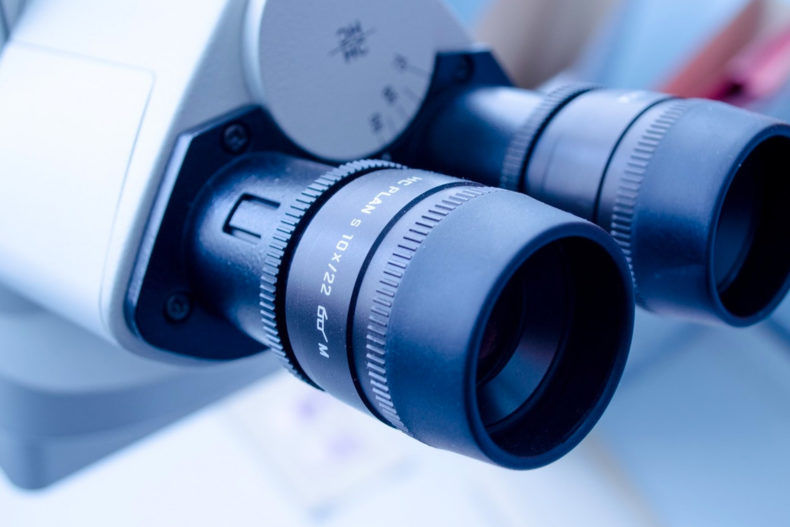
Individuals eligible for EB1-B Outstanding Researchers classification under the employment-based first preference (“EB1-2”) are at a distinct advantage. While they may skip the labor certification process, they must have either an offer of employment (tenure-track, tenured, or permanent) from a university or public research organization or a private employer that employs at least three full-time researchers and has achieved documented accomplishments in an academic field. However, these individuals must demonstrate international recognition that they are outstanding in their areas of expertise. Extensive evidence of original creations, written articles, international press, conference presentations, major awards, selective association memberships, and/or research work, among other materials, must illustrate the EB-1-2 candidate’s stellar credentials. Detailed recommendations from internationally recognized experts should also confirm why the individual is considered one of the best in his or her field of endeavor. Moreover, these individuals must demonstrate at least three years of teaching and/or research experience in their specialties (which may include any internationally distinguished academic research done in support of advanced degree work). A professor or researcher who is recognized internationally as outstanding, with at least three years of experience, can obtain permanent resident status without labor certification based upon an offer of employment in a tenure-track teaching position or a permanent research position with a university; or, from a private employer offering a permanent research position so long as the private employer demonstrates that it employs at least three persons full-time in research positions and that it has achieved documented accomplishments in an academic field. At least two of the following forms of evidence must be presented for EB1-B Outstanding Researchers:
Documentation of receipt of major prizes or awards for outstanding achievement.
Documentation of the applicant’s membership in associations which require outstanding achievements of their members.
Published material in professional publications written by others about the applicant’s work in the academic field. Such material must include the title, date, and author of the material.
Evidence of the applicant’s participation, either individually or on a panel, as the judge of the work of others.
Evidence of the applicant’s original scientific or scholarly research contributions.
Evidence of the applicant’s authorship of scholarly books or articles in publications with an international circulation.
Experience in teaching or research gained while working on an advanced degree qualifies an individual for this classification only if the degree has been acquired, and either the teacher had full responsibility for the class taught or the research conducted toward the degree has been recognized within the academic field as outstanding.

Comentarios